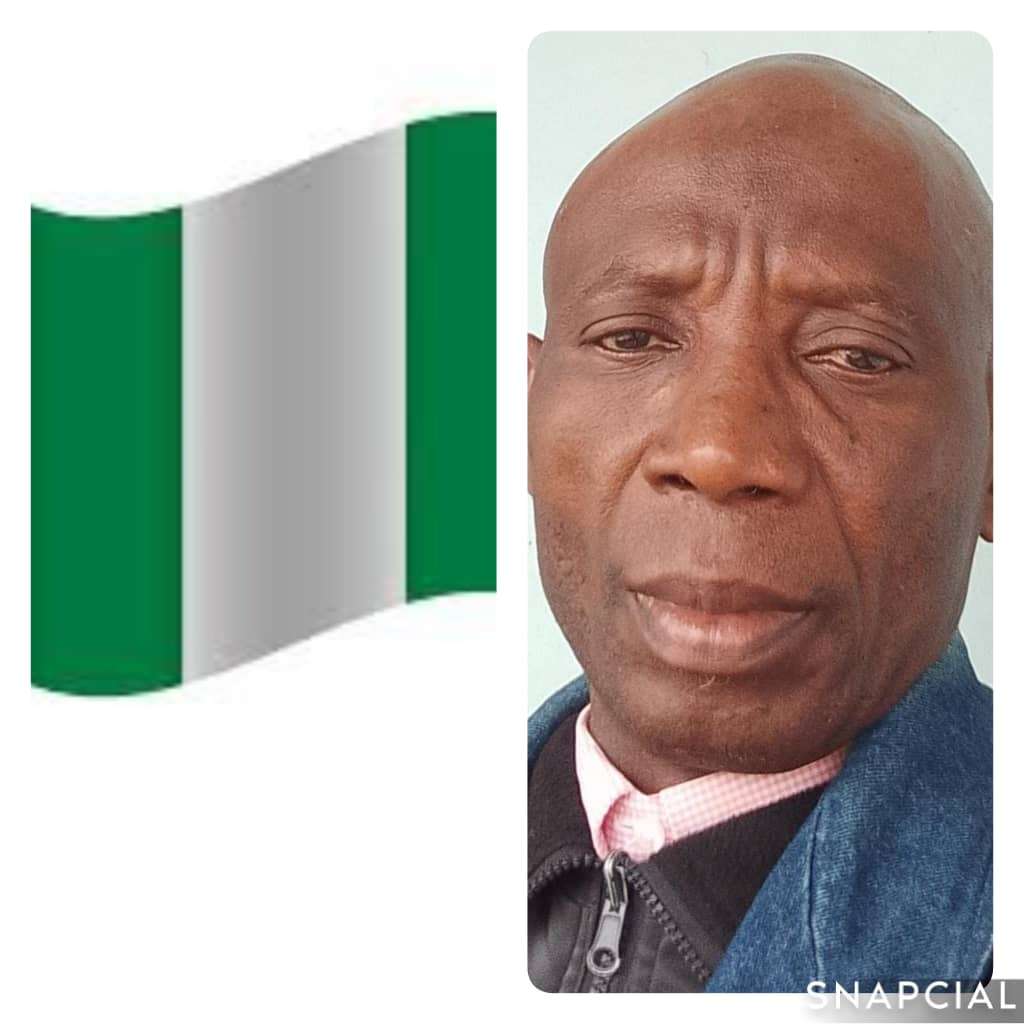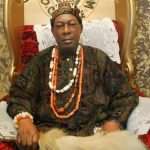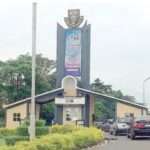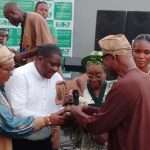.


As Nigeria marks its 65th year of independence, it is imperative to scrutinise the true nature of this freedom. While the narrative of liberation from colonial rule is celebrated, a closer examination reveals that the shackles of dependence remain tightly bound. The very powers that claimed to grant us independence have cunningly inherited our natural resources, exploiting them for their benefit while leaving the African continent in a state of perpetual vulnerability. This paper argues that the notion of independence is a farce, as it masks an ongoing exploitation that stifles our growth and potential.

The wealth of Nigeria, rich in oil, minerals, and agricultural resources, has been the source of both foreign interest and local strife. Instead of fostering genuine development, foreign entities have orchestrated an economic landscape that prioritises extraction over empowerment. The profits derived from our resources are siphoned away, leaving the nation grappling with poverty, unemployment, and a lack of infrastructure. The irony is palpable; we were promised autonomy, yet our resources fuel the economies of those who continue to manipulate our fate.
Corruption within Nigeria’s political and economic systems exacerbates this issue. Local elites, often colluding with foreign corporations, siphon off resources meant for the public good. This corruption creates a vicious cycle that hinders development, as funds that could have been used for education, healthcare, and infrastructure are instead diverted. The resulting inequality perpetuates social unrest and disillusionment among the populace, further entrenching the illusion of independence.
Cultural imperialism is another insidious method by which our independence is undermined. The introduction and perpetuation of foreign languages, traditions, and values serve to dilute our rich heritage. Our youth, inundated with foreign ideals, often view their own culture through a lens of inferiority, leading to a loss of identity. This cultural erosion is a deliberate act that reinforces dependency, as a populace disconnected from its roots is less likely to engage in the reclamation of its sovereignty. To combat this cultural erosion, there must be a renewed emphasis on cultural education and the promotion of indigenous languages and traditions. By fostering pride in our heritage, we can empower future generations to embrace their identity and challenge the narratives imposed by foreign influences. Cultural reclamation is a vital step toward achieving true independence.
The political landscape in Nigeria and across Africa is fraught with instability, often exacerbated by foreign interests. External powers have historically played a role in fostering unrest to ensure that their grip on our resources remains unchallenged. When African nations strive to assert their sovereignty or pursue self-sustaining policies, these external forces often intervene, resulting in economic sanctions or support for dissenting factions. This creates a cycle of political unrest that diverts attention from the real issues at hand—our quest for true independence. Achieving political sovereignty requires a concerted effort to build robust governance structures that reflect the needs and aspirations of the Nigerian people. Strengthening democratic institutions and promoting civic engagement are crucial in ensuring that the voice of the populace is heard and that external influences are minimised. True political independence cannot be attained without a government that is accountable to its citizens.
The current state of Nigeria reflects a society that is socially dependent on foreign aid and intervention. International organisations and foreign governments frequently step in to address challenges that should be managed internally. This dependence not only undermines our sovereignty but also perpetuates a narrative that Africans are incapable of self-governance. The truth is that Africa had advanced systems of governance long before colonial powers arrived, yet these systems were dismantled and replaced with foreign models that often do not align with our cultural context. To break this cycle of dependency, Nigeria must focus on developing local solutions to its challenges. Investing in education, healthcare, and infrastructure through homegrown initiatives can reduce reliance on foreign aid. By prioritising self-sufficiency, Nigeria can foster a sense of agency and empowerment among its citizens.
As Nigeria navigates its 65th year of independence, we must confront the uncomfortable truth that our freedom is an illusion. The term “independence” has become a euphemism for continued exploitation and manipulation. The powers that once colonised us have not disappeared; they have merely adapted their strategies to maintain control. True independence is not simply the absence of colonial rule; it is the ability to manage our resources, uphold our cultural identity, and govern ourselves without external interference. In conclusion, Nigeria’s journey toward true freedom is far from over. The celebration of independence should prompt a critical reflection on the realities of our socio-economic and political landscape. We must reclaim our narrative, assert our identity, and dismantle the structures that perpetuate our dependency. Only through a concerted effort can we transform this illusion of independence into a genuine reality, paving the way for a future where Nigeria—and Africa as a whole—truly thrives.
© 2025 Fẹ́mi Akínṣọlá. All rights reserved.
This work is protected under copyright law. Unauthorized reproduction or distribution is prohibited.








